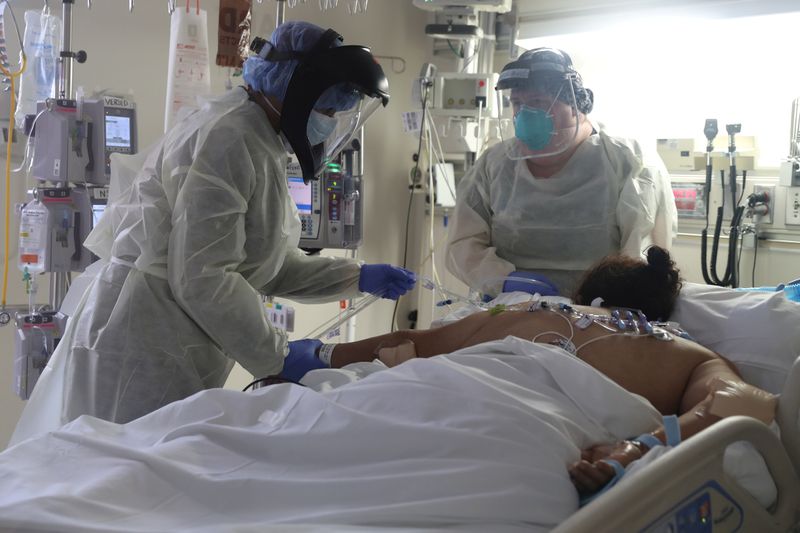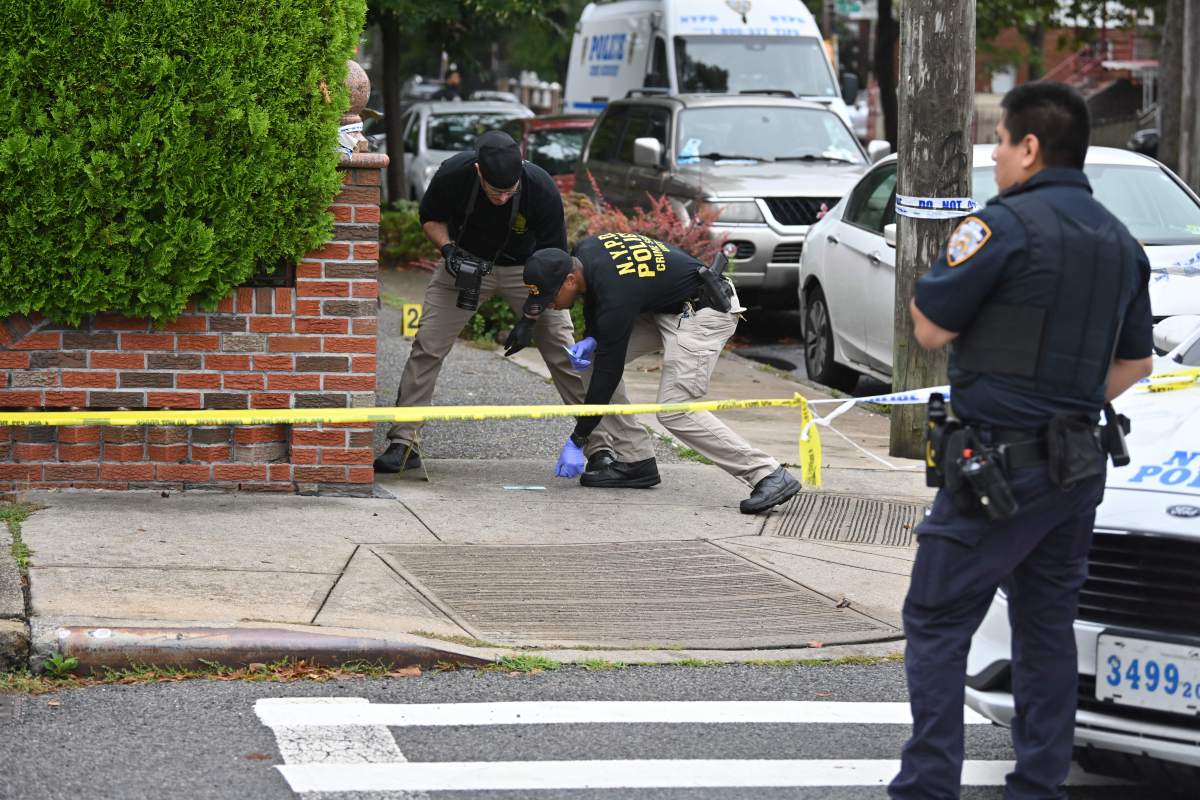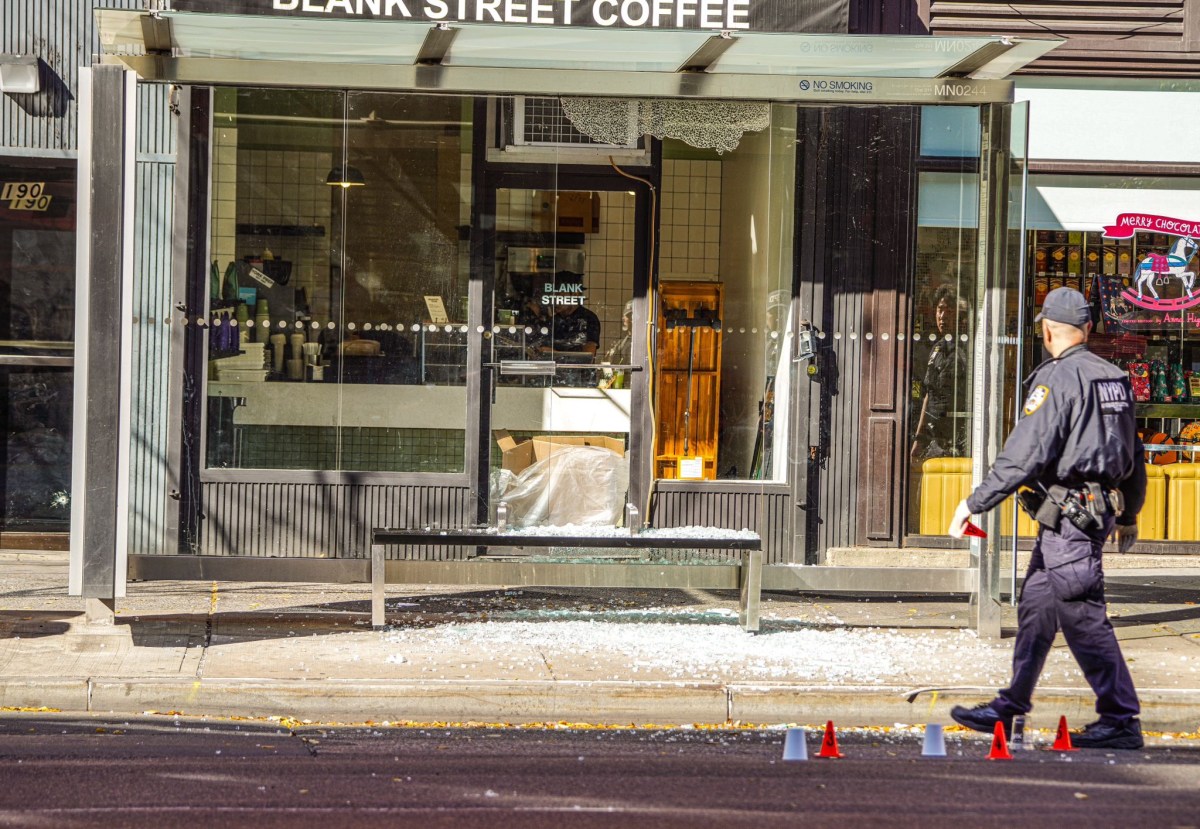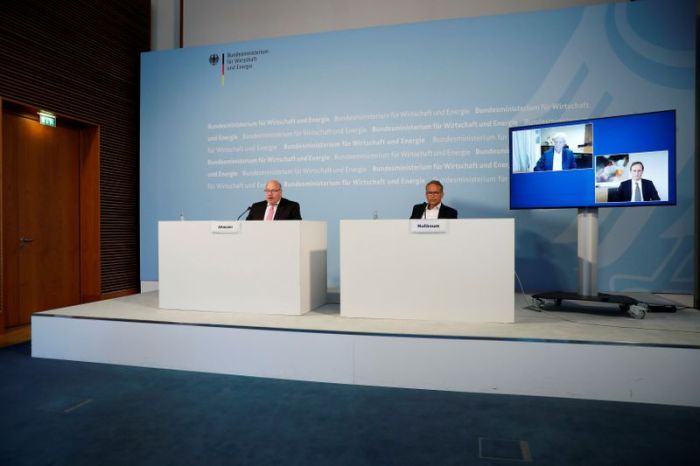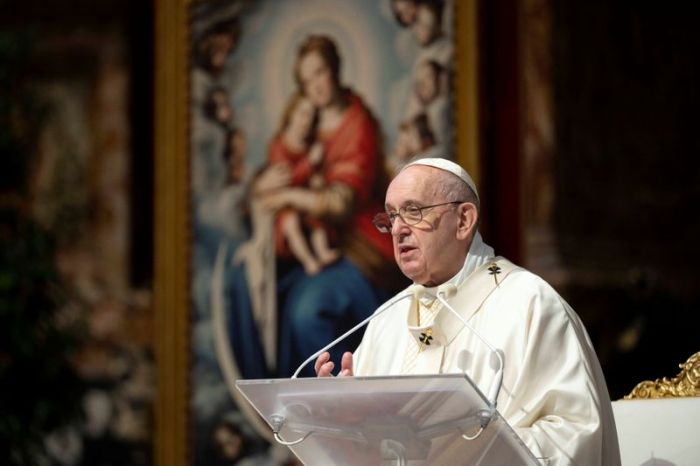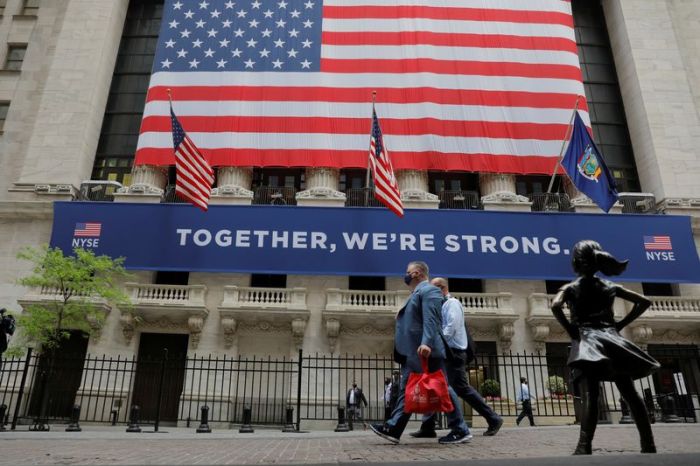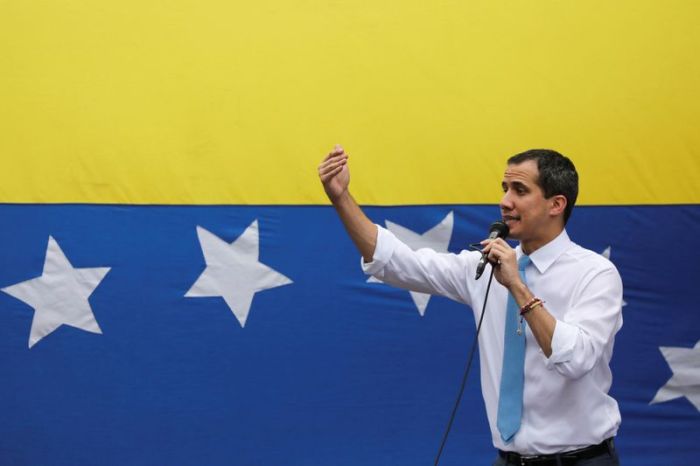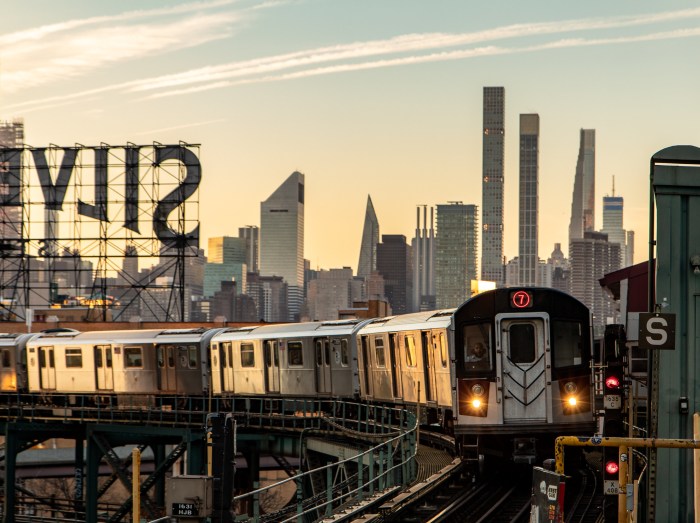(Reuters) –
Here’s what you need to know about the coronavirus right now:
Surge in cases puts Beijing on alert
Several districts of the Chinese capital put up security checkpoints, closed schools and ordered people to be tested for the novel coronavirus on Monday after an unexpected spike of cases linked to the biggest wholesale food market in Asia.
After nearly two months with no new infections, Beijing officials have reported 79 cases over the past four days, the city’s biggest cluster of infections since February.
“The containment efforts have rapidly entered into a war-time mode,” senior city government official Xu Ying told a news conference.
Xu said 7,200 neighbourhoods and nearly 100,000 epidemic-control workers had entered the “battlefield”.
(Interactive graphic tracking global spread of coronavirus: open https://tmsnrt.rs/3aIRuz7 in an external browser.)
Reality check for markets?
Fears that a second wave of COVID-19 infections is under way sent jitters across global markets with stocks and oil under pressure, while investors bought into safe havens such as German government debt.
“Markets are pricing a too-optimistic recovery, in my opinion, and there could be a reality check coming rather sooner than later,” said Stephane Ekolo, an equity strategist at TFS Derivatives in London.
The retreats follows a global rally since late March, fuelled by central bank and fiscal stimulus and optimism about countries gradually lifting lockdowns.
In Europe, a cross-border dash for cigarettes and scratch cards
European nations eased border controls after three months of lockdown, but Spain’s continued closure, a patchwork of quarantine rules and remote-working mean pre-crisis travel levels are a way off.
Greek airports allowed more international flights as the country sought to salvage its summer, German tourists flocking to neighbouring Denmark caused an 8-km (5-mile) queue and Italians popped into France to buy lottery scratch cards.
In the Belgian village of Macquenoise, tabac stores did brisk trade as French citizens streamed across the border to buy cheaper tobacco after suffering higher prices at home since mid-March.
“It’s worth the effort,” said Nadege Caplain, making an early-morning 200-km round trip to buy cigarettes for her and her family.
(GRAPHIC-Tracking and explaining the new coronavirus https://tmsnrt.rs/2GVwIyw)
From crowded tubes to pedal power in London
The crowded daily commute in London has long been a source of misery for millions. But getting to work will be even more of a challenge following lockdown.
London authorities are adding new routes for cyclists and pedestrians, bicycle sales are soaring and boat operators are considering increasing their services on the River Thames.
Even before the coronavirus outbreak, London faced increased competition for the title of Europe’s most important financial centre from cities such as Paris and Frankfurt because it has quit the European Union.
“Forty years of public policy about transport has gone into reverse,” said Tony Travers of London School of Economics. “This is a big existential issue for cities.”
Whipped for breaking quarantine
Peruvian peasant brigades, who battled leftist rebel groups decades ago, are now doling out rough justice in a bid to slow the spread of the novel coronavirus in the Andean country, which has the region’s second-highest number of cases after Brazil.
The elected community militias, who in normal times address cases such as infidelity and theft of chickens, or go after badly behaved mayors, judges and other officials, say they now use lashes to punish those breaking quarantine.
“According to the crime, you can punish with lashes,” Aladino Fernández, the president of a group in the northern highland region of Cajamarca, told Reuters by telephone.
(Compiled by Linda Noakes; Editing by Alex Richardson)

